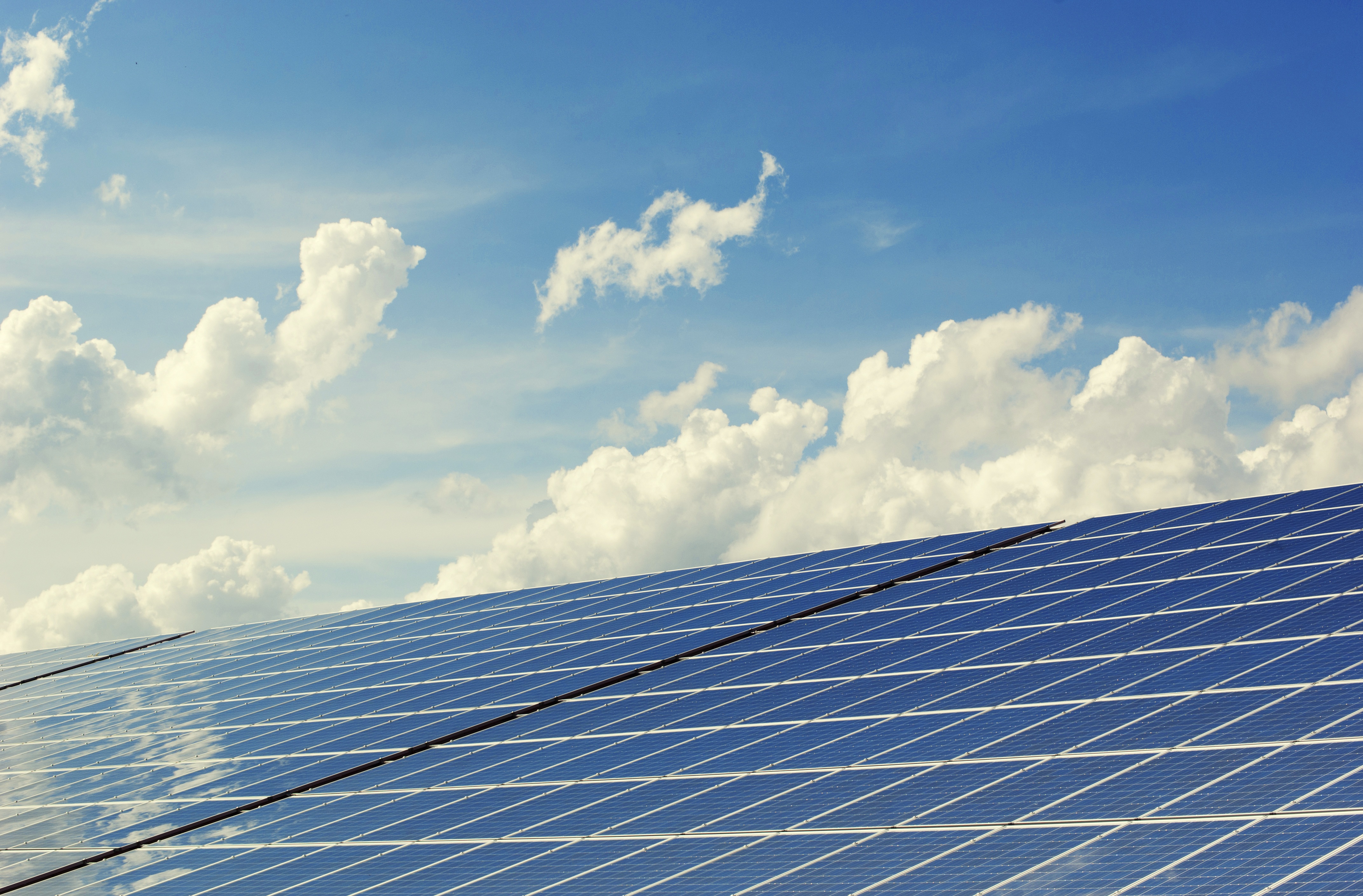There was a time when cloudy weather negatively affected solar panel performance, but today’s panels are not as sensitive. It’s true that solar panels produce the most electricity on bright, sunny days, but they work through cloudy skies, too. How well the panels perform depends on a variety of factors, such as cloud density, how often cloudy weather occurs, and the brand of solar panels.
Let’s learn more about how the clouds and weather affect your solar panels and the type of performance you can expect from them.
Why Solar Works Best in Sunny Weather
The more sunlight solar panels receive, the more energy they produce. Therefore, in order to keep your solar panels operating efficiently, there needs to be sun. A day of clouds or inclement weather won’t affect performance, though these days will result in lower power production.
Solar panels also get their power from reflective light. So, if the clouds are briefly covering the sun, there is still light in the sky. The panels can then absorb this light. Reflective light doesn’t result in as much power as natural sunlight, but it’s better than nothing. Additionally, panels can absorb light from shiny surfaces such as bodies of water or snow.
Assess Sunlight by the Year, Not the Day
Unless you live in perfect San Diego weather, most states in the U.S. have their fair share of cloudy or rainy days. In New Jersey, we are lucky enough to see all four seasons, so you may be wondering if solar is a good choice for you. Luckily, cloudy locations make a great match for solar.
Rather than looking at individual days, consider how much sun your home sees throughout the year. NJ residents enjoy sunshine year-round, and the cooler temperatures in the fall and spring place less stress on the electronic parts inside the panels. In cities that get plenty of sunshine but lots of heat, the solar panels can actually work less efficiently.
As Electricity Rates Increase, Solar Makes More Sense
With the startling costs of electricity, it’s worth considering what solar can save the average home or business. New Jersey pays 47% more in electricity costs compared to the national average. Last year, that number was 33% higher than the national average. Over the past 4 years, local electricity rates have exceeded the national average by 51%. Additionally, the Global Solar Market is on the rise. Last year, the U.S. hit a rate of 14.6 gigawatts of solar.
Are you ready to learn more about how solar can transform your life and your energy bill? Call AllSeason Solar and discover how to reduce and lock in energy rates.












